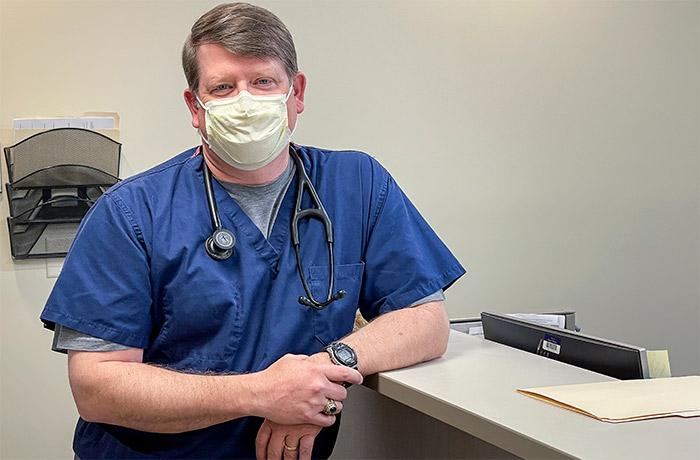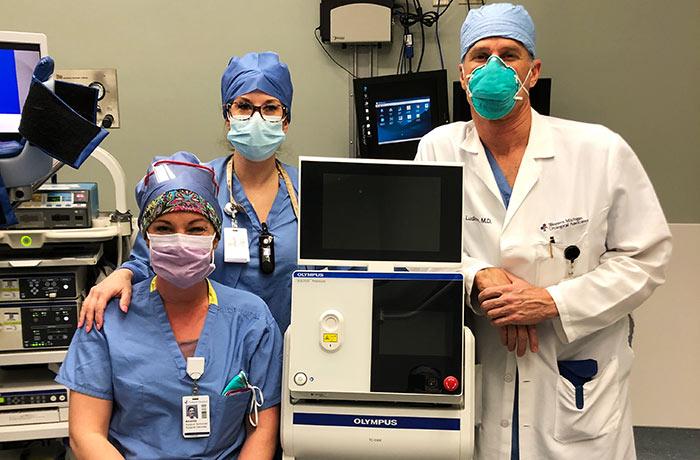Image

Holland Hospital Offers Pulmonary & Sleep Medicine
Holland Hospital is pleased to announce its new specialty care practice and welcome pulmonary and sleep medicine specialist Dale Coller, DO, to the lakeshore.
Holland Hospital managed websites use cookies to enhance your website experience. By navigating our websites, you agree to the Website Terms of Use. For more information, please review our Website Privacy Policy.

